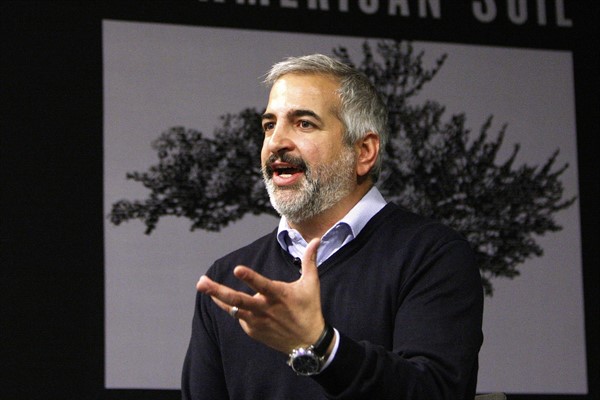The nature of Anthony Shadid’s work is sometimes misunderstood. After his death 10 years ago this week, he was celebrated as one of the greatest journalists of his era, which he most certainly was. On multiple occasions he was recognized as one of the best at his craft, but he was so much more. Better understanding what Anthony did in his lifetime can help those of us who are still endeavoring to make narrative sense of a world in constant flux.
Anthony was a brilliant thinker, reporter, writer and storyteller who, during a critical decade of history from 9/11 to the Arab uprisings of 2011, was among the most prominent and influential voices to chronicle the Middle East for Americans. The savviest political analyst I ever encountered, in person or on the page, he understood the analyst’s task of making sense out of seeming chaos, and he used all the “narrative trades”—journalism, history, policy analysis and various other disciplines—to above all restore agency to the events he covered and center the voices of the people affected by them.
These might sound like buzzwords, but they are serious business. Restoring agency means explaining events as the result of specific choices made by specific people. Wars, for example, don’t just “happen.” Rather, they unfold as the consequence of human decisions and actions. Centering the voices of those affected means asking questions of the people who bear the brunt of history—and taking their answers seriously. In reporting on the Middle East, that means interviewing as history-makers not only political leaders and gun-toting heavies, but also people from all walks of life living in the region. All these stories are interconnected, and to discover what is afoot one must look beyond the obvious.

